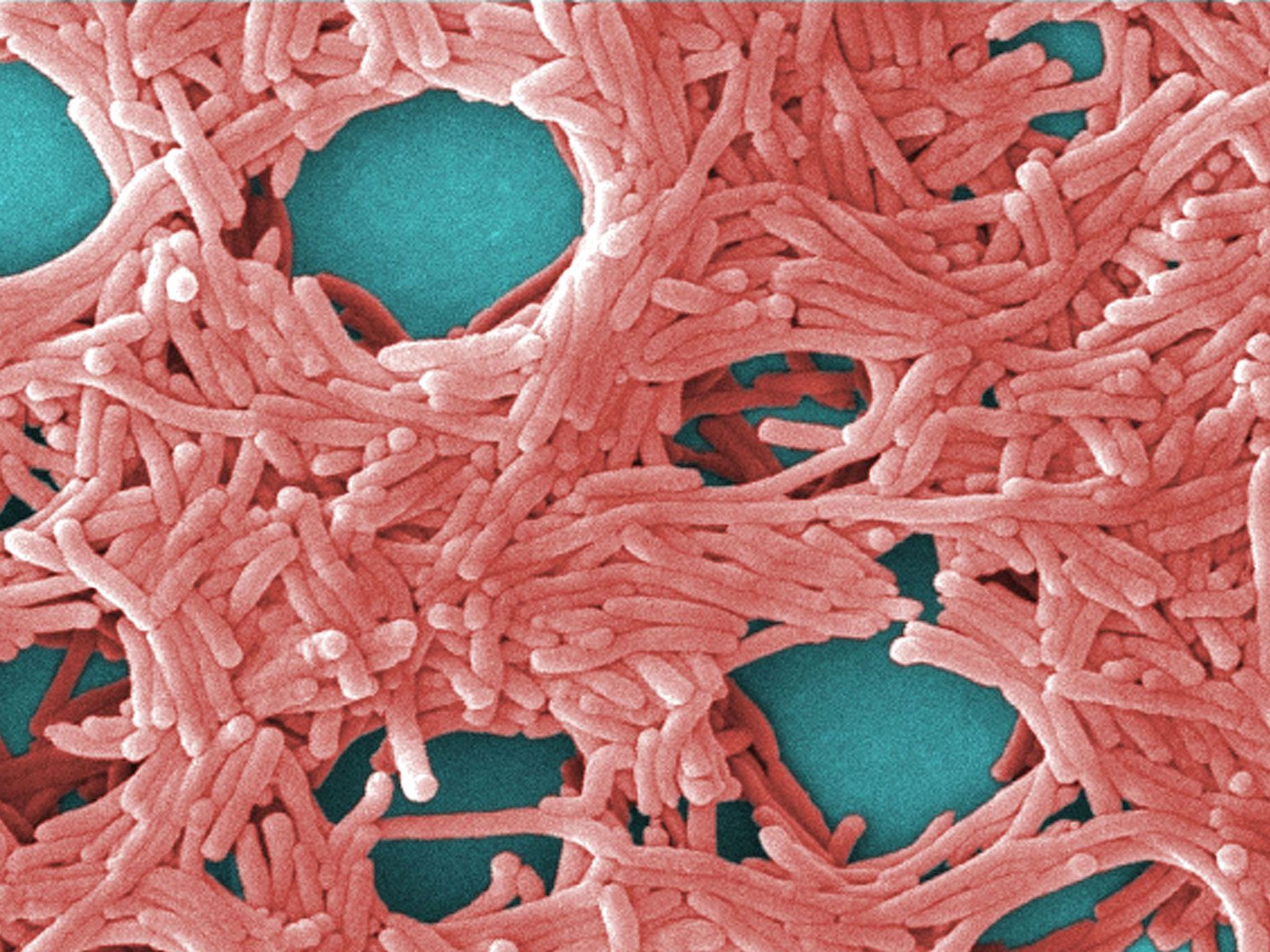Scientists solve mysterious pneumonia outbreak in northwest Argentina
Officials now working to identify the source of the outbreak, which has left four people dead

A cluster of pneumonia cases which led to the deaths of four people in northwest Argentina was caused by Legionella bacteria, health authorities in the country have said.
The outbreak, which involved 11 reported cases, was linked to a single private health clinic in the city of San Miguel de Tucuman, the Pan American Health Organization (PAHO) said.
PAHO said it had been informed by the Argentina Ministry of Health that Legionella was the cause, and added authorities were now investigating the source.
Provincial health authorities are collecting environmental samples, conducting risk assessments, and implementing control measures in the healthcare clinic related to the outbreak.
Symptoms included fever, muscle and abdominal pain and shortness of breath. Several patients had pneumonia in both lungs. The four patients who died suffered from underlying health conditions, local reports said.
Authorities said the symptoms of the mysterious illness were first reported between 18 and 22 August.
Legionella bacteria can be transmitted when people inhale contaminated aerosols produced in conjunction with water sprays, jets or mists, according to PAHO. Infection can also occur by aspiration of contaminated water or ice, particularly in susceptible patients in hospital environments.
Health minister Carla Vizzotti told a news conference that Legionnaires' disease has a significant impact on people with risk conditions over 50 years old. Antibiotic treatment was needed, she said.
Legionnaires' was discovered and named in 1976 when an outbreak occurred among people who attended a Philadelphia convention of the American Legion, and the number of US cases reported annually increased more than fivefold between 2000 and 2017, according to the CDC.
On Friday, the World Health Organisation said it was monitoring a cluster of cases of pneumonia from an unknown cause in Argentina.
Join our commenting forum
Join thought-provoking conversations, follow other Independent readers and see their replies
Comments
Bookmark popover
Removed from bookmarks